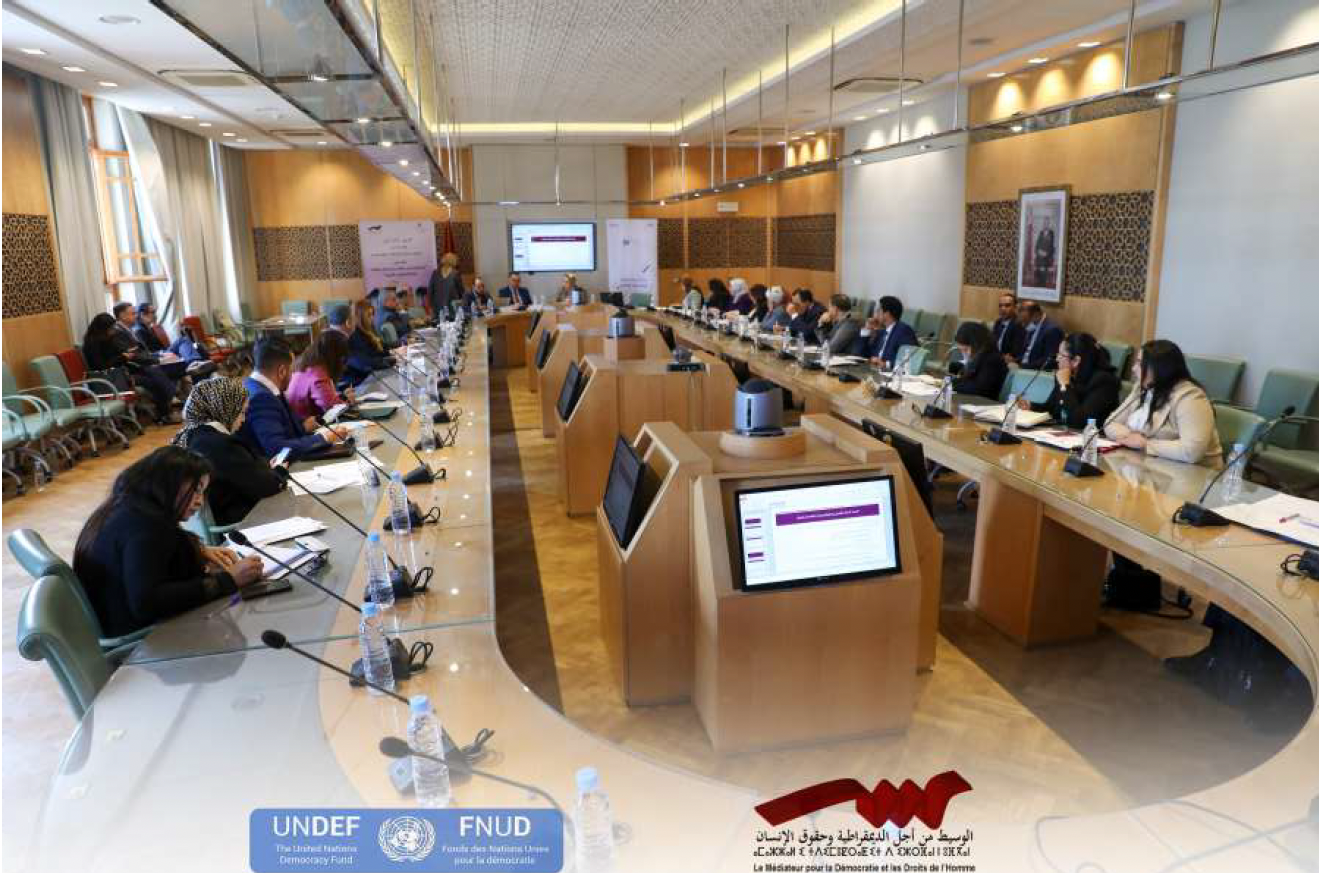Lesson Learned: Monitoring Implementation of UN Treaty Bodies’ Recommendations in Morocco
For sensitive topics such as monitoring government’s performance on human rights, organizations that have strong expertise, hold inter-generational membership, and work effectively on both the grassroots and national level, are best placed to carry-out multi-scalar projects and gain support and trust by high-level decision-makers.

The project’s objective is to support in an inclusive way the monitoring of governmental efforts to implement UN treaty body recommendations, by bringing together civil society organizations and parliamentary actors to develop a monitoring mechanism; conducting a capacity development programme on international human rights law, monitoring, and advocacy in four regions; and mobilizing legislators to effectively exercise their roles and responsibilities in holding the government accountable for its commitments to implement UN treaty body recommendations.

